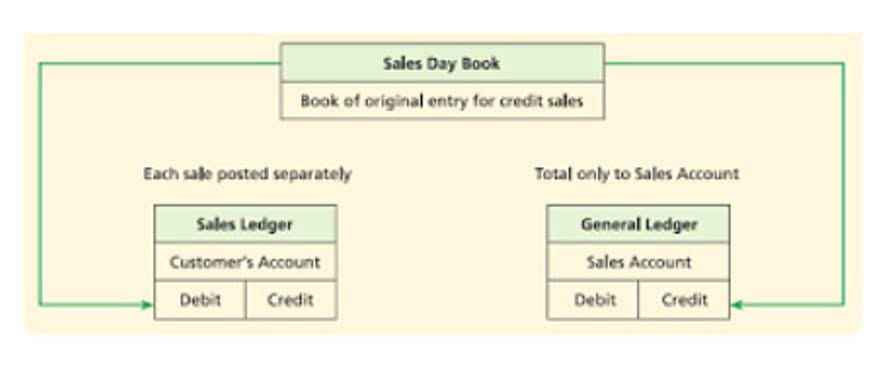No products in the cart.
27Dec
What Is Depreciation, and How Does it Work?


Business can use some discretion in applying the above methods or internal use, but the IRS specifies how they will calculate depreciation when filing tax returns. It assigns asset to specific classes, which determines the asset’s useful life. For instance, vehicles and computers have five-year lives, while residential rental real estate has a 27.5-year life.
What Is EBITDA? What it Reveals About Your Business – Business News Daily
What Is EBITDA? What it Reveals About Your Business.
Posted: Wed, 17 Jan 2024 08:00:00 GMT [source]
Depreciation is applied to tangible fixed assets that lose value over time or can be used up. These include assets such as vehicles, computers, equipment, machinery and furniture. Land is not considered to lose value or be used up over time, so it is not subject to depreciation. Buildings, however, would be depreciated because they can lose value over time. So, if you use an accelerated depreciation method, then sell the property at a profit, the IRS makes an adjustment. They take the amount you’ve written off using the accelerated depreciation method, compare it to the straight-line method, and treat the difference as taxable income.
What Is Depreciation?
The salvage value is typically set at a percentage slightly less than the original cost, and may vary depending on the type and condition of the depreciable asset. Depreciation is used to reduce the amount of income that is subject to tax, but it can’t be deducted in the year the asset was purchased. Depreciation calculations determine the portion of an asset’s cost that can be deducted in a given year.


Then, we can extend this formula and methodology for the remainder of the forecast. For 2022, the new Capex is $307k, which after dividing by 5 years, comes out to be about $61k in annual depreciation. For mature businesses experiencing low, stagnating, or declining growth, the depreciation to capex ratio converges near 100%, as the majority of total Capex is related to maintenance Capex. At the end of the day, the cumulative depreciation amount is the same, as is the timing of the actual cash outflow, but the difference lies in net income and EPS impact for reporting purposes. The core objective of the matching principle in accrual accounting is to recognize expenses in the same period as when the coinciding economic benefit was received. The four methods described above are for managerial and business valuation purposes.
Best Accounting Software for Small Businesses
Depreciation is the process of deducting the total cost of something expensive you bought for your business. But instead of doing it all in one tax year, you write depreciation expense meaning off parts of it over time. When you depreciate assets, you can plan how much money is written off each year, giving you more control over your finances.
- Depreciation allows businesses to spread the cost of physical assets over a period of time, which can have advantages from both an accounting and tax perspective.
- This method is also known as accelerated depreciation because assets tend to depreciate faster during the first year and progressively slow down in the subsequent years.
- It is the accumulation of the depreciation expense charged to the property, plant, and equipment since the beginning.
- The assessed value of the house is $75,000, and the value of the land is $25,000.
- If a construction company can sell an inoperable crane for parts at a price of $5,000, that is the crane’s depreciated cost or salvage value.
- Companies have several options for depreciating the value of assets over time, in accordance with GAAP.
Double declining balance depreciation is an accelerated depreciation method. Businesses use accelerated methods when dealing with assets that are more productive in their early years. The double declining balance method is often used for equipment when the units of production method is not used. There are four allowable methods for calculating depreciation, and which one a company chooses to use depends on that company’s specific circumstances. Small businesses looking for the easiest approach might choose straight-line depreciation, which simply calculates the projected average yearly depreciation of an asset over its lifespan. Since different assets depreciate in different ways, there are other ways to calculate it.

Leave a Reply